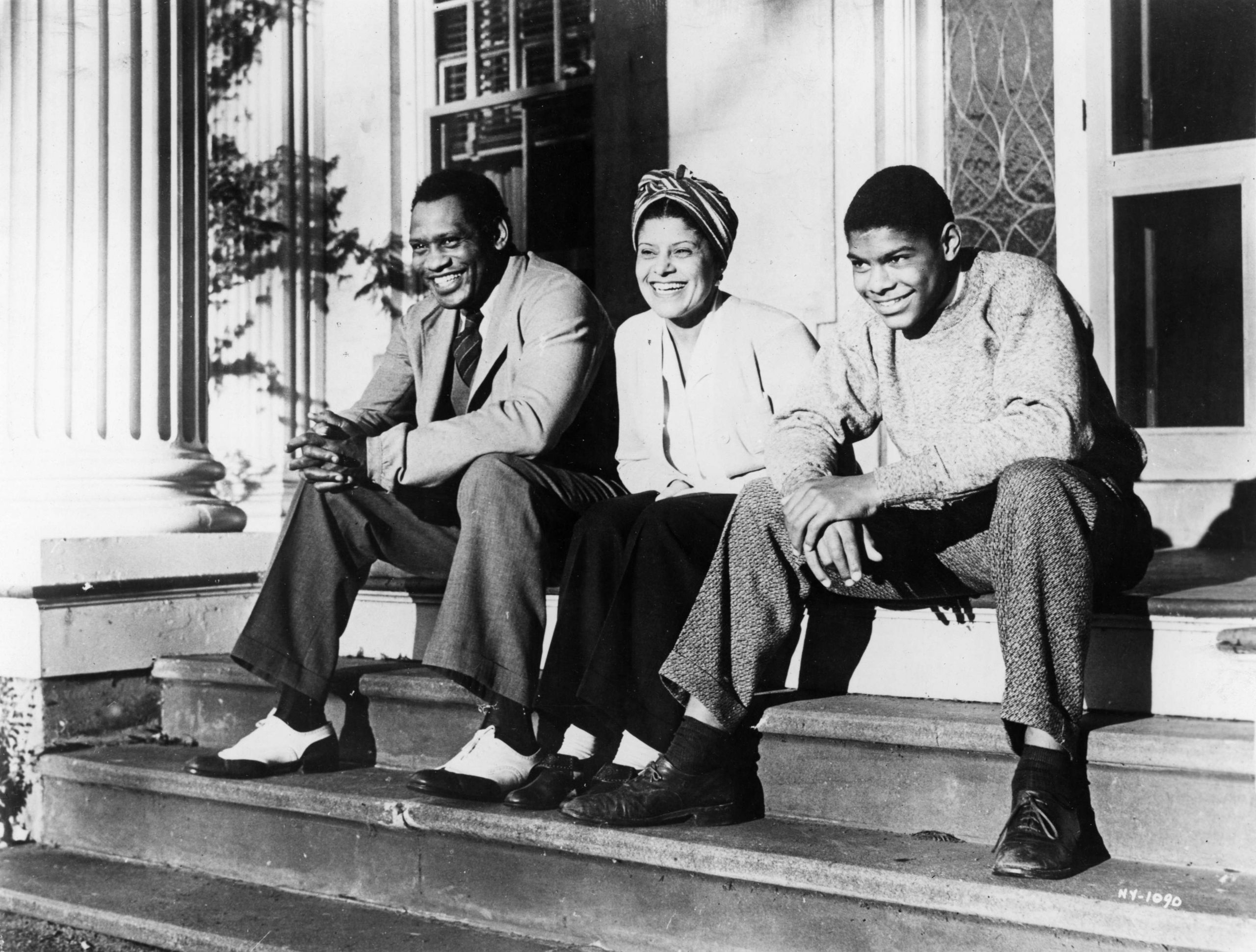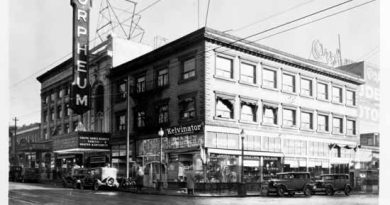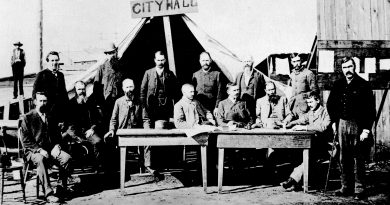Paul Robeson

The great American bass Paul Robeson was to have performed in Vancouver in January, 1952. He had performed at the Orpheum February 7, 1946, and 3,000 fans in the sold-out theatre kept him coming back for more and more. But a hint of troubles ahead could be seen in the Sun’s warm review by Stanley Bligh. Bligh wrote of that 1946 concert: “In addition to his great success in the artistic field, the eminent Negro has won an outstanding place in the world by his firm stand on the question of racial equality, his knowledge of languages, international economics and his wide sympathy for the oppressed peoples of the whole globe.”
That sympathy would get him into trouble.
Robeson’s knowledge of languages was impressive. Besides his native English, he spoke Hebrew, Chinese, Norwegian and Spanish. That came from his extensive travels . . . which included trips to Russia. In an interview, Robeson had told the Sun: “I deeply believe Russia is now the world’s most positive force for good, if we will help her.”
But now it was 1952, and the cold war had the US in a deep freeze. Robeson’s opinions, and his favorable view of the Communist Party (although he was never a member), resulted in a refusal by the U.S. to allow him to return to Vancouver for the concert. He was stopped at Blaine. Local unions organized a free outdoor concert at the Peace Arch, and it attracted 25,000 people on the Canadian side, 5,000 on the U.S. side.
Robeson is now back in favor. The U.S. has issued a postage stamp to honor him.



![Chaplin in "A Night in an English Club," 23 June 1912 [Image: Kansas City, MO, via TheRoyalZanettos.com]](https://vancouverhistory.ca/wp-content/uploads/2021/01/Chaplin-One-Night-1912-390x205.jpg)
